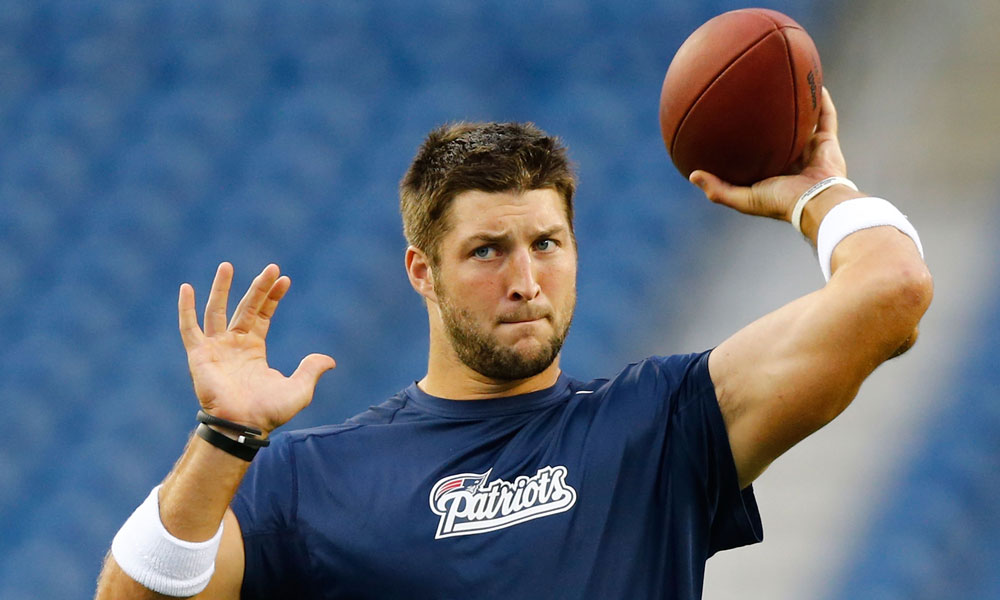
Tim Tebow Act Has High School Sports Associations Divided, but That’s All Right
The name of the most famous home-schooled athlete is bringing new currency to a debate that’s been going on for decades. With the National Federation of State High School Associations’ membership split on the issue, the group is serving as a venue for discussion.
The name Tim Tebow elicits a wide variety of reactions across the sports and religious communities and the public in general. But for home-schooled high school athletes, the former University of Florida quarterback and Heisman Trophy winner, who himself was home-schooled, is viewed as the perfect role model—one who’s unknowingly aiding home-schooled athletes in a decades-long debate.
This has allowed states to find their own way. At the same time, we … try to assist them in any way that we can, and I think that’s served the high school community well.
That’s because Tebow’s name is attached to legislation in dozens of states that allows home-schooled athletes to participate in sports at their local high school. (The quarterback himself has never publicly commented on the issue.) According to the most recent survey by the National Federation of State High School Associations (NFHS), 30 states had some form of the Tim Tebow Act on their books in 2013—up from 24 in 2007.
Alabama is on the cusp of becoming the next state to adopt the legislation. Its House of Representatives approved the bill earlier this month, and the Senate is set to vote this week.
Despite the legislative trend, not all state or state high school athletic associations are as welcoming to home-schoolers—including Alabama’s high school sports governing body.
NFHS is all right with that.
“When it comes to student eligibility, that’s a state matter—each state has its own autonomy,” said Bob Gardner, NFHS executive director. “Some permit home-school students to play in the district where they reside and have done so for years, and others are very adamant that that’s one of the cardinal principles of why state associations came into existence in the first place—that you need to attend the school before you can play for that school.”
NFHS will not take a formal stance on the matter—Gardner explained that the group sees merit in the arguments on both sides of the issue. Instead, it has served as a venue for members to discuss the topic of home-schooler participation.
“We have had meetings where this has been a topic of discussion, and we’ve had presentations by people who have changed their rules in recent years,” said Gardner. “This has allowed states to find their own way. At the same time, we have a number of national meetings and make recommendations to them and try to assist them in any way that we can, and I think that’s served the high school community well.”
The topic, while in the news now, has been debated in the community for decades, Gardner said.
“It’s been really interesting to look at,” he said. “Eligibility rules have been on the books for nearly a century now, and the discussion around home-school student-athlete participation has been going on for at least the last few decades. Tim Tebow’s notoriety and fame certainly increased the attention around the discussion, but this is not a new conversation in our industry.”
In fact, NFHS recently identified participation rights of home-schooled students as one of the top law issues affecting school athletics programs.
Tim Tebow is inspiring legislation around the country these days. (Jared Wickerham/Getty Images)






Comments